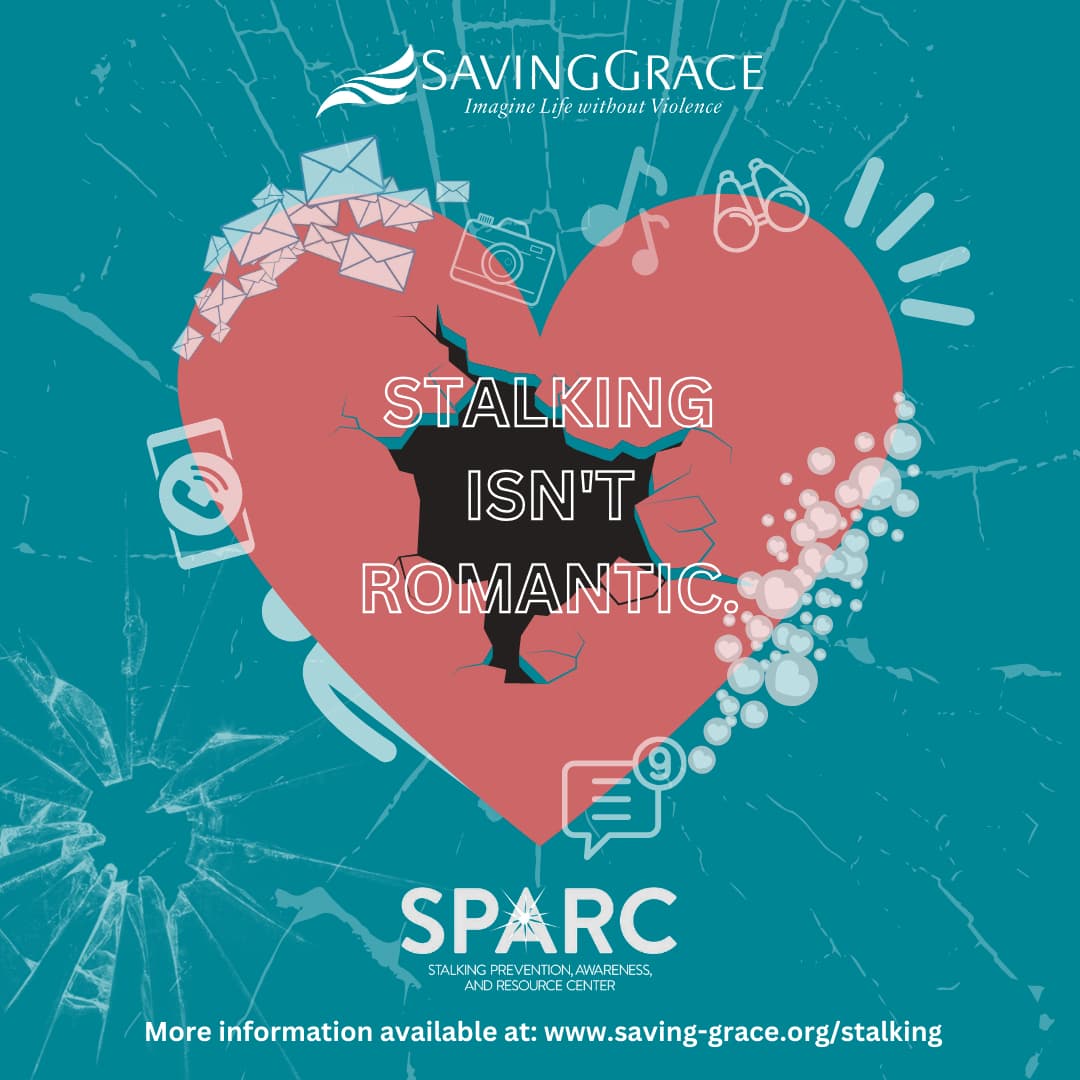Debate Intensifies Over Equating Speech with Physical Violence

A recent social media post by user Grace 🌾 has reignited discussions surrounding the controversial concept of "words are violence," suggesting a perceived link between this belief and the acceptance of physical aggression against those with differing views. The tweet, published on September 11, 2025, states, > "If your belief is “words are violence” it makes sense you feel happy about actual violence being used against those whose words you disagree with." This statement highlights a critical point of contention in contemporary discourse regarding free speech and its boundaries.
The phrase "words are violence" has gained traction in recent years, particularly in academic and social justice contexts, to describe how certain forms of speech, such as hate speech or discriminatory language, can inflict psychological harm, create hostile environments, or even incite physical harm. Proponents argue that the emotional and mental distress caused by such words can be as damaging as physical injury, thus warranting a broader definition of "violence." This perspective often emphasizes the lived experience of marginalized groups who are disproportionately affected by verbal abuse and systemic oppression.
However, this expanded definition faces significant criticism from various commentators and free speech advocates. Critics argue that equating verbal expression with physical violence blurs a crucial distinction between speech and action, potentially undermining the fundamental principles of free expression. Greg Lukianoff, CEO of the Foundation for Individual Rights in Expression (FIRE), contends that this conflation "trivializes actual physical harm, shuts down conversations, and even encourages real violence by justifying the use of force against offensive speech." Many argue that while words can undoubtedly be hurtful, offensive, or even incite violence, they are not inherently violent acts themselves.
The debate extends to the implications for societal discourse. Opponents of the "words are violence" concept warn that it can be used as a "rhetorical escalation" to silence dissenting opinions or to justify punitive measures against speech deemed unacceptable. They emphasize that maintaining a clear distinction between speech and physical acts is essential for a robust democracy, where even harsh or unpopular ideas can be debated without fear of physical retaliation. The discussion underscores the complex challenge of balancing freedom of expression with the need to protect individuals from genuine harm and harassment.